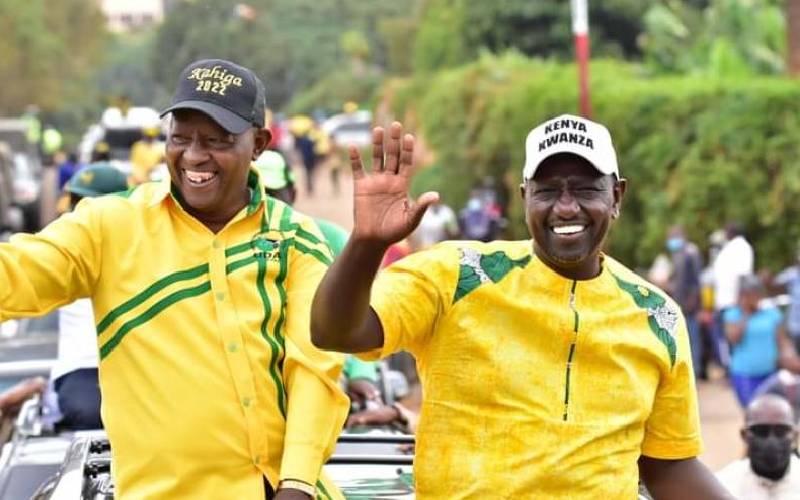×
The Standard e-Paper
Fearless, Trusted News

Deputy President William Ruto on the campaign trail in Nyeri County. [Kibata Kihu, Standard]
The long-awaited Jubilee Party National Delegates Conference (NDC) yesterday finally replaced Deputy President William Ruto as the deputy party leader.